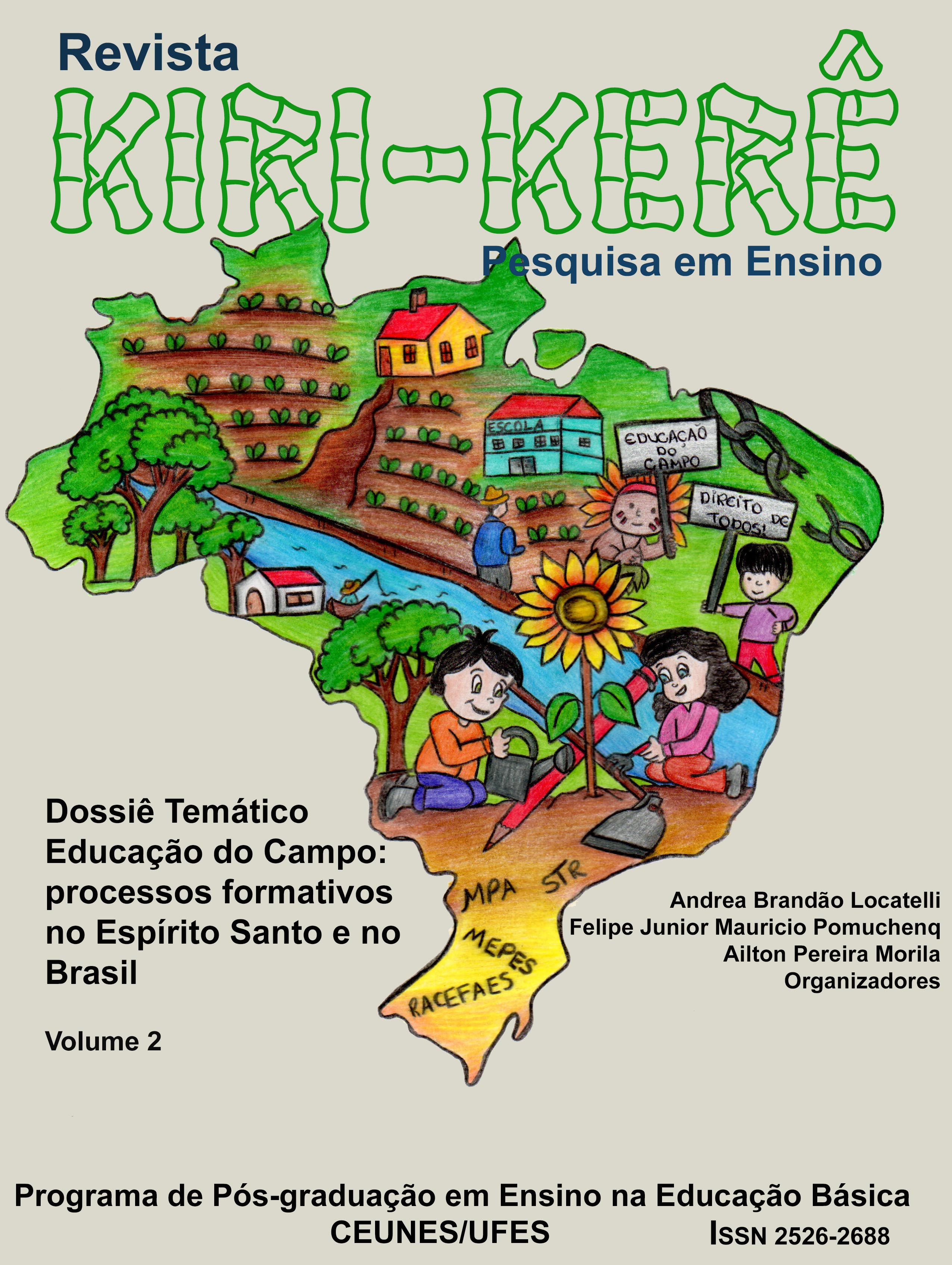Rural education in a MST school: the structuring of teaching and the psychic development of children from 6 to 10 years of age
Abstract
This research aims to analyze how education is organized in the Pedagogy of the Landless Workers' Movement (MST), whether it contributes to the development of the psyche of children from 6 to 10 years old. We problematize whether the Textbooks (LD) used in the MST school meet the rural education proposition. The methodology employed was a literature and documentary review, analysis of questionnaires administered to teachers at a MST rural school in the municipality of Cascavel, Paraná, and analysis of some didactic units of the Mathematics Textbook for years 2 and 3 of Elementary School, “Coleção Novo Girassol: Saberes e fazeres do campo” (2016-2018). The theoretical framework used consisted of Cultural-historical Psychology and Historical-critical Pedagogy with authors such as Vygotsky and Saviani. The results indicate that the school educators who participated in the research have specific training for the rural context, and that this enables the planning and implementing of teaching methodologies which overcome the use of the textbook as the only pedagogical resource, since the latter does not meet, or partially does, the conception adopted in the school's pedagogical proposition.
Keywords: MST Education. Political-pedagogical Project. Textbook.
Downloads
Downloads
Published
Issue
Section
License
The authors accept, when sending their works, the assignment of their copyrights.


